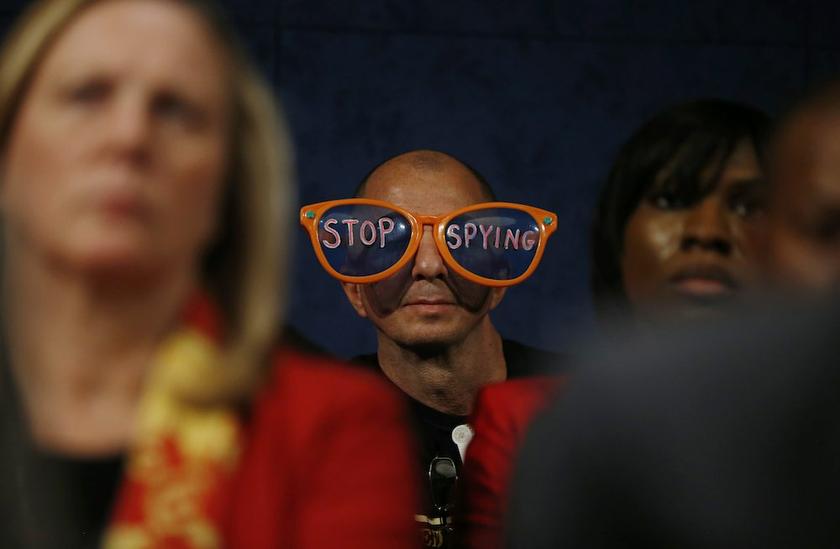KUALA LUMPUR, Oct 30 — The US said today it is reviewing its intelligence gathering measures after sparking a global diplomatic firestorm over leaked reports that it was using its embassies worldwide to eavesdrop on allied nations, including Malaysia.
An envoy from the world superpower here neither confirmed nor denied the allegations when contacted by The Malay Mail Online, but said the review was ordered by US President Barack Obama, who is reportedly mulling a ban on spying on leaders of allied nations following Germany’s uproar that intelligence agencies had targeted the cellphone of their Chancellor Angela Merkel.
“At president Obama’s direction, we’ve begun to review the way that we gather intelligence, so that we properly balance the legitimate security concerns of our citizens and allies with the privacy concerns that all people share,” US State Department spokesman Jason P. Rebholz said in an email reply to The Malay Mail Online.
“The United States takes the concerns of the international community seriously and has been regularly consulting with affected partners,” he added.
However, the US spokesman declined comment on top secret documents leaked by intelligence whistleblower Edward Snowden that alleged the US embassy in Kuala Lumpur is housing a monitoring station to tap telephones and monitor communications networks.
“We are not going to comment publicly on every specific alleged intelligence activity, and as a matter of policy we have made clear that the United States gathers foreign intelligence of the type gathered by all nations,” he said.
The US’ allies have vented their indignation over reports of being spied upon, prompting Washington D.C. to publicly declare the intelligence gathering review, the New York Times (NYT) reported.
“I do not believe the United States should be collecting phone calls or emails of friendly presidents and prime ministers,” leading US Democratic lawmaker, Senator Dianne Feinstein, who also chairs the Senate Intelligence Committee, was quoted saying.
The NYT described the California lawmaker as a stalwart defender of the US administration’s surveillance policies, and further reported her saying her committee would begin a “major review of all intelligence collection programmes.”
In August, Australian intelligence sources had confirmed that top-secret intelligence tool XKeyscore — which was revealed by on-the-run Snowden — has been used to spy on Malaysia among other Asia-Pacific countries.
The admission followed a leaked slideshow published by the UK’s daily The Guardian revealing in detail the US National Security Agency (NSA) programme, which the newspaper claimed collects “nearly everything a user does on the Internet”.
The top-secret slideshow made in 2008 revealed that the Xkeyscore programme allows analysts to search through extensive database of emails, search queries, social media, online chats, and browsing histories of millions of people with no need for prior authorisation.
According to the Sydney Morning Herald, the map revealed today showed a joint group between Central Intelligence Agency and NSA called “Special Collection Service” conducting sweeping surveillance operation and clandestine operations against specific intelligence targets.
The map was also published in full originally in German magazine Der Spiegel’s website, but was later replaced with a censored version, which listed 90 Special Collection Service facilities, including 74 manned facilities, 14 remotely operated facilities and two technical support centres.
The Obama administration, however, has yet to confirm whether or not the NSA had indeed eavesdropped on Merkel, only saying that the president had ordered a review of the country’s surveillance policy a few months earlier.
The US Congress has since responded aggressively to two broad disclosures that the administrations of Obama and his predecessor George W. Bush had misinterpreted the country’s Patriot Act to collect private data from Americans, and that the 2008 amendments to the Foreign Intelligence Surveillance Act were used to allow the collection of data from some 130 million telephone calls in Spain and France.
In Malaysia, lawmakers from across the political divide have called upon Putrajaya to formally register a complaint against the US for the purported spying, but Home Minister Datuk Seri Ahmad Zahid Hamidi told reporters today the government would study the claims before taking any action.



















